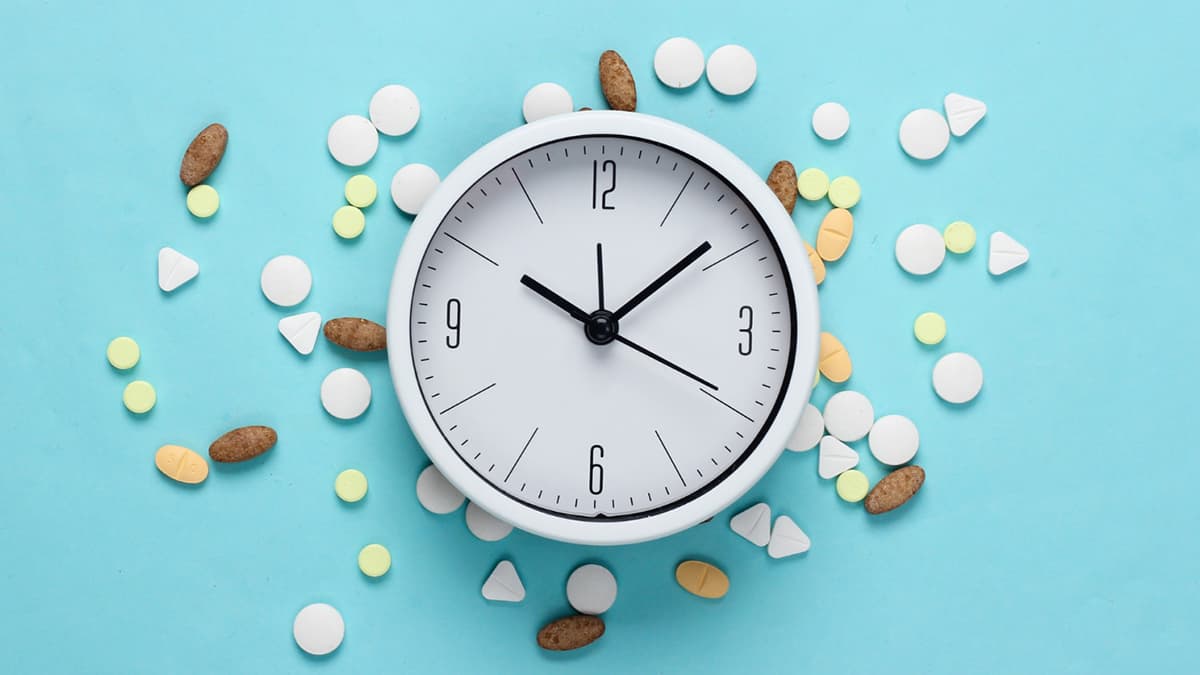Your dietary choices wield significant influence over your mental well-being. The impact
goes beyond mere sustenance; it can shape your mood, energy levels, and even your
thoughts in ways that might surprise you. Eating nutrient-rich foods and quality
supplements such as pure magnesium complex helps nourish your brain and body,
improving your overall well-being.
Here are some of the most important ways in which your diet contributes to your mental health:
1. Nutrient Intake and Brain Function
Adequate nourishment is vital for optimal brain function. Your brain craves a diverse
range of nutrients, including Omega-3 fatty acids for essential fats, B vitamins and
vitamin D for essential vitamins, zinc and iron for vital minerals, and proteins for
sustenance. Insufficiencies in these nutrients can impact mood, cognition, and various
facets of mental well-being.
2. The Gut-Brain Axis
The intricate link between gut health and brain health is referred to as the gut-brain axis. A diet rich in fiber and fermented foods promotes a flourishing gut microbiota, which impacts mental well-being positively. By producing neurotransmitters and modulating the immune system, a healthy gut contributes to improved mental health.
3. Stabilizing Blood Sugar Levels
Consuming a diet rich in refined sugars and simple carbohydrates can result in abrupt
spikes and crashes in blood sugar levels, contributing to irritability, fatigue, and mood
swings. Conversely, incorporating abundant whole grains, lean proteins, and healthy
fats into your diet can promote stable blood sugar levels, potentially enhancing both
your mood and energy levels.
4. Hydration and Brain Health
Dehydration can impair cognitive function and mood. A healthy diet includes not just eating the right foods but also staying properly hydrated. Drinking plenty of water
throughout the day can help maintain brain function and overall mental health.
5. Antioxidants and Brain Protection
Antioxidants are powerful compounds that play a crucial role in shielding the body from
oxidative stress, a damaging process that can harm cells. By incorporating antioxidant-
rich foods into our diet, like berries, leafy green vegetables, and select spices, we can
fortify our brain’s defenses and potentially reduce the risk of mental health issues.
6. Healthy Fats and Brain Development
Fatty acids, particularly omega-3 fatty acids, are essential for brain health. They
contribute to the structure of brain cells and promote healthy brain function. Diets rich in sources of these fats, such as oily fish, nuts, and seeds, can support mental well-being.
7. Eating Right Can Help You Get a Better Night’s Rest
Getting enough sleep is essential for your mental health. Eating right can help you get
the quality, restorative sleep you need. Make sure to eat foods high in magnesium and B vitamins, as they help relax muscles and are important for brain chemistry. Some great sources of these nutrients include dark leafy greens, nuts, and seeds.
Foods high in tryptophan can also help you drift off to sleep. Try adding some turkey or
tofu to your dinner for a better night’s sleep! Finally, limit your caffeine intake throughout the day, as too much can make it harder to fall asleep at night.
8. The Role of Protein in Neurotransmitter Production
Proteins are broken down into amino acids, some of which are precursors for
neurotransmitters – the brain’s chemical messengers. Eating a balanced diet with
sufficient protein ensures you’re providing your body with the resources it needs to
produce these vital compounds.
9. Food Impacts Anxiety & Depression
One of the major ways that diet contributes to your mental health is through its impact
on anxiety and depression. Poor diets are linked to increased levels of anxiety and
depression, while healthier diets can help reduce these symptoms. Eating a balanced
diet, including plenty of fruits and vegetables and limiting processed foods, can
positively influence the severity of mood disorders such as anxiety and depression.
Additionally, certain vitamins and minerals are thought to be beneficial for mental health.
Omega-3 fatty acids, found in fish, nuts, and some vegetable oils, may reduce the
severity of depression symptoms. Also, B vitamins have been shown to help lower
stress levels while improving mood.
10. Diet May Affect Attention & Concentration
What you eat also affects your focus and concentration. Eating too much sugar, for
instance, can cause a “sugar crash” that leaves you feeling lethargic and unable to
concentrate. On the other hand, eating foods with complex carbohydrates, such as oats
and quinoa, can provide sustained energy without the sugar crash. Additionally,
consuming foods with vitamin B12 can help improve mental clarity and focus. For
example, egg yolks are a great source of B12.
11. Mindful Eating Practices Enhance Mental Health
Finally, mindful eating practices are important for maintaining good mental health.
Mindful eating is the practice of paying attention to your body’s hunger and fullness
cues and only consuming food when you’re actually hungry. Additionally, it encourages
being fully present during meals and not using food to escape stress or anxiety. Mindful
eating can help reduce binge eating and over- or under-eating, which are both
associated with poorer mental health.
Also, paying attention to the tastes, smells, and textures of food, as well as your body’s
hunger and fullness cues, can improve your relationship with food and promote mental
well-being.
Conclusion
By following a healthy diet and mindful eating practices, you can help maintain your
mental health and well-being. Eating nutritious foods that are rich in vitamins, minerals,
and healthy fats can reduce inflammation in the body, keep you mentally sharp and
alert, and provide fuel to help your brain cope with stress. Additionally, avoiding overly
processed foods high in sugar or unhealthy fats can help prevent mood swings and
depression due to their negative effects on the body.
Make small changes to your diet today and start enjoying the positive benefits for your
mental health. Good luck!








Leave a Reply
You must be logged in to post a comment.